It’s no secret that regular exfoliation is essential when it comes to achieving healthy-looking skin. The way in which exfoliating clears away the dead skin cells that build up on the surface of the skin not only brightens the appearance but also enhances how your skin can absorb other skincare products. Without exfoliation, it doesn’t take long for the skin to look dull, rough, and uneven.
However, the world of exfoliation can seem like a minefield at first. Not only are there so many different exfoliants out there that you’ll need to pick from, but get your exfoliating regimen wrong and you could end up damaging your skin.
Fortunately, that’s where Lavelier can step in to help. Read on as we share the dos and don’ts of exfoliation that everyone should be following.
Do: Choose an Exfoliant That’s Suited to Your Skin Type
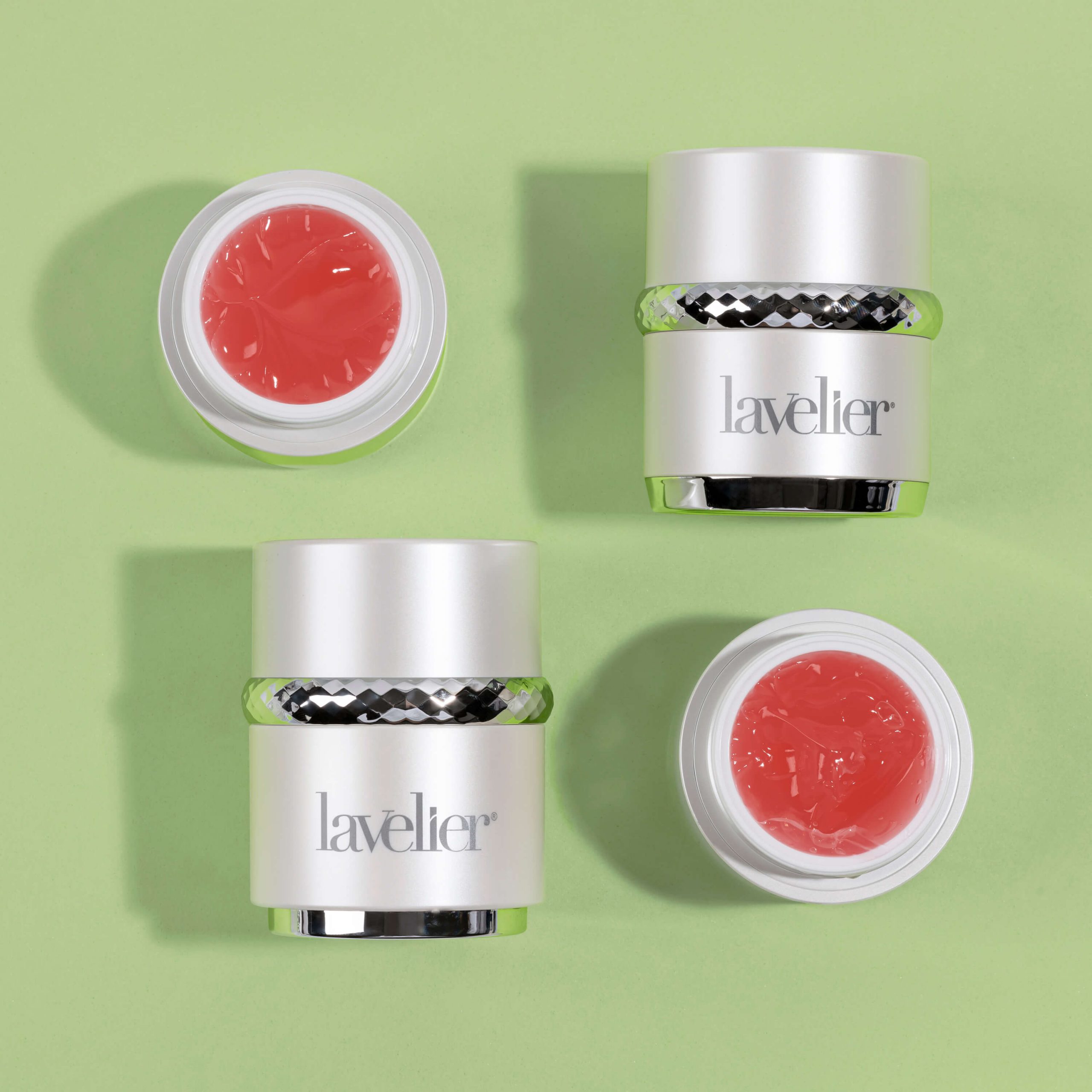
There may be numerous exfoliants out there, but they can all be categorized as either a chemical exfoliant or a physical exfoliant. Chemical exfoliants contain acids that dissolve the gluey bond that keeps your dead skin cells clinging to the surface of the skin, therefore allowing them to fall away. Physical exfoliants, such as scrubs, physically dislodge dead skin cells.
Which is better?
That all depends on your skin type. People with a normal skin type can usually use either one without any problems. However, if your skin is dry, oily, or sensitive, then many physical exfoliants can be too harsh on the skin, making chemical exfoliants the safer choice. With that said, those with oily skin will often need a stronger concentration of acids in their exfoliant than those with dry or sensitive skin.
We know, we know – it can seem a little confusing. That’s exactly why we created the Lavelier Intensive Facial Peel. There aren’t many exfoliants out there that are suitable for all skin types, which is what makes this formula so special. With a mixture of bamboo powder and mandelic acid, it brings together components of both physical and chemical exfoliation. It lets you enjoy the benefits of each without having to worry about any irritation or other side effects.
Don’t: Exfoliate Daily
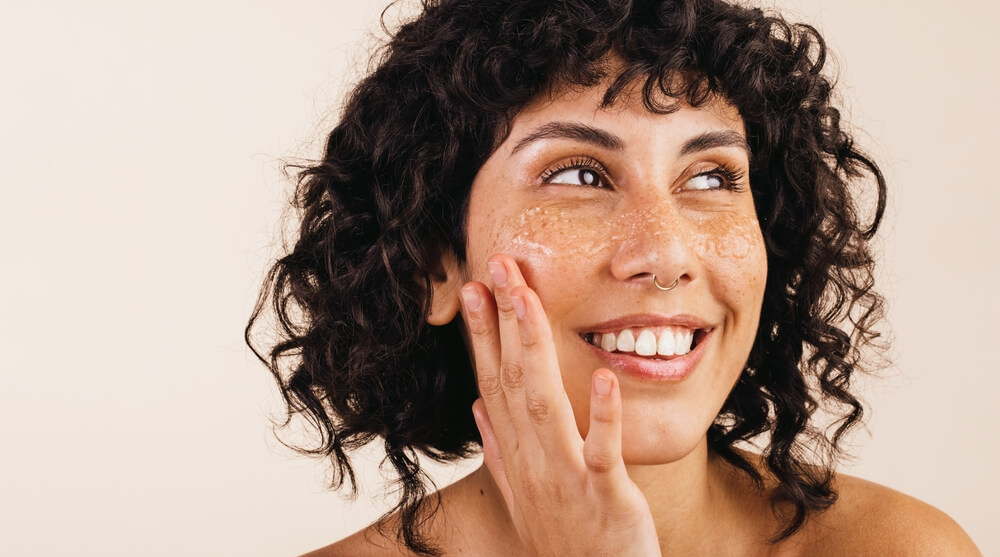
Even if you use a mild and gentle exfoliant, exfoliating daily is a big no-no.
Why? Well, in addition to removing dead skin cells, exfoliants also clear away any oil on the skin. This sebum is produced by the skin to keep it feeling protected and moisturized. Once this layer is removed, it needs some time to build it back up. Exfoliating every day prevents it from doing so.
If you have oily skin, then you probably like the sound of being able to clear away excess grease on a daily basis. However, it wouldn’t be advisable for you either. It may keep your skin feeling less oily in the short term, but it won’t be long before your skin overcompensates and begins to ramp up its oil production. Not only will this mean that your daily exfoliating sessions become less effective, but it’ll also leave you so much more susceptible to clogged pores and breakouts.
So, how often should you be exfoliating?
Again, this depends on your skin type. For most people, once a week is sufficient. However, those with oily skin may need to exfoliate twice a week. On the other hand, those with sensitive skin sometimes find that weekly exfoliation is too much for them. You may want to stretch this out to once every ten days instead.
Do: Cleanse Your Skin Before Exfoliating
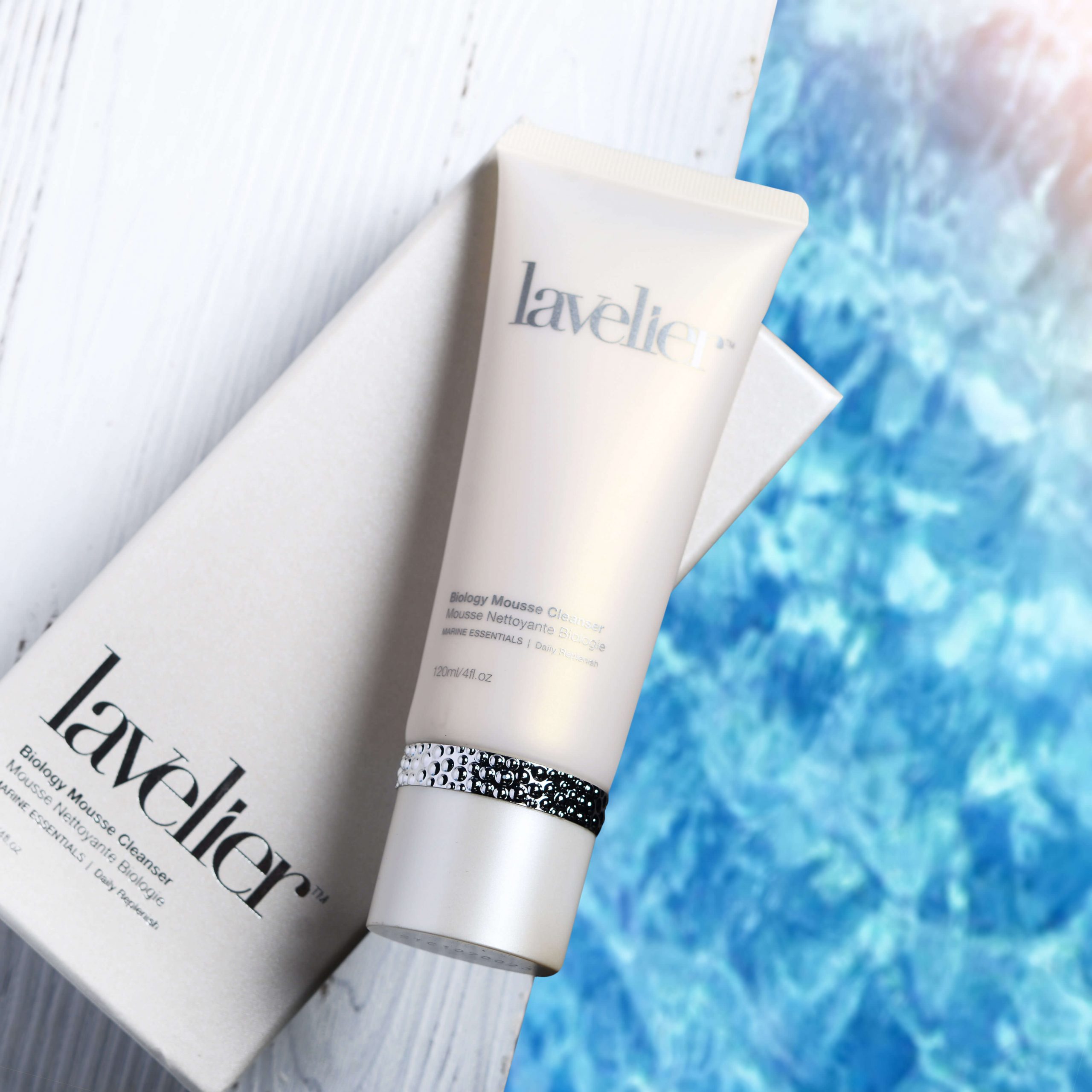
Compared to a cleanser, exfoliants provide a much more intense and thorough cleanse. They dive deeper down into the skin, while cleansers work on the surface. This is why exfoliants should only be used weekly, whereas cleansers can be used daily.
So, if exfoliants are able to deep clean the skin, then surely this means that you won’t need to use a cleanser first, right?
Wrong. While an exfoliant may be more than capable of clearing away the dirt and oil that sits on the outermost layer of your skin, its primary purpose is to delve slightly deeper to thoroughly remove dead skin cells too. If it has to first deal with all of that dirt and sebum that your cleanser should have taken care of, then it’s not going to exfoliate your skin very effectively.
When it comes down to it, even just a quick cleanse will allow your exfoliant to work to its full potential, meaning that the results that you see will be so much better.
Ideally, always use a gentle cleanser before exfoliating, just like Lavelier’s Biology Mousse Cleanser. This luscious formula is infused with a number of hydrating ingredients and antioxidant-rich botanical extracts, leaving you with skin that looks refreshed and radiant.
Don’t: Leave Freshly Exfoliated Skin Bare
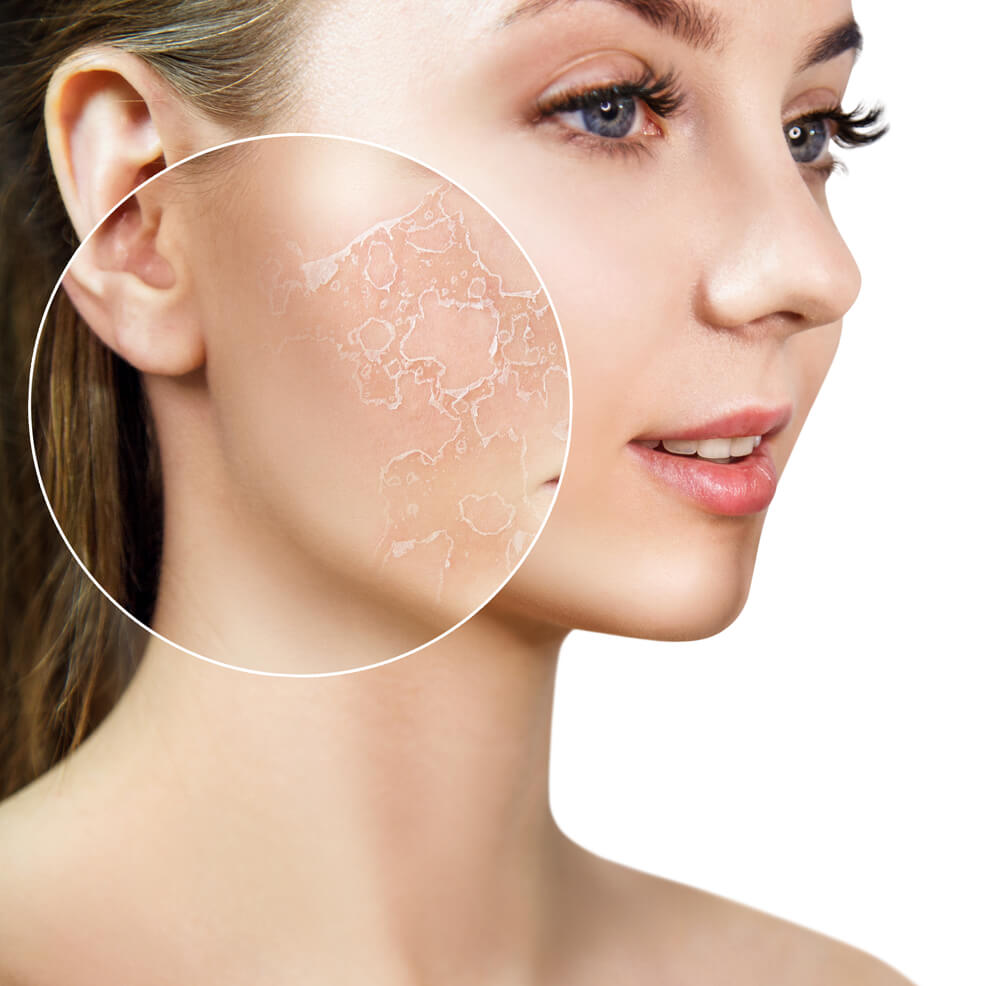
It can be tempting to leave your skin bare for a while after exfoliating. After all, it feels so soft and smooth!
However, this is one of the worst things that you could do for your beautifully exfoliated skin. Now that you’ve removed its natural protective layer, it will be highly prone to dehydration. This is particularly problematic if you already have dry or sensitive skin. It explains the uncomfortably tight feeling that can sometimes arise a little while after exfoliating. However, it’s not great for oily skin either, as dehydration can trigger the skin into increasing sebum production.
So, as soon as you’re done exfoliating, move on to the next step of your skincare routine. Whether you’re keeping things simple with just a moisturizer or you’re going all out with a face mask, a few serums, and then a face cream, these products will help to form their own barrier that keeps your vulnerable skin feeling protected.
Do: Prioritize Sunscreen After Exfoliating
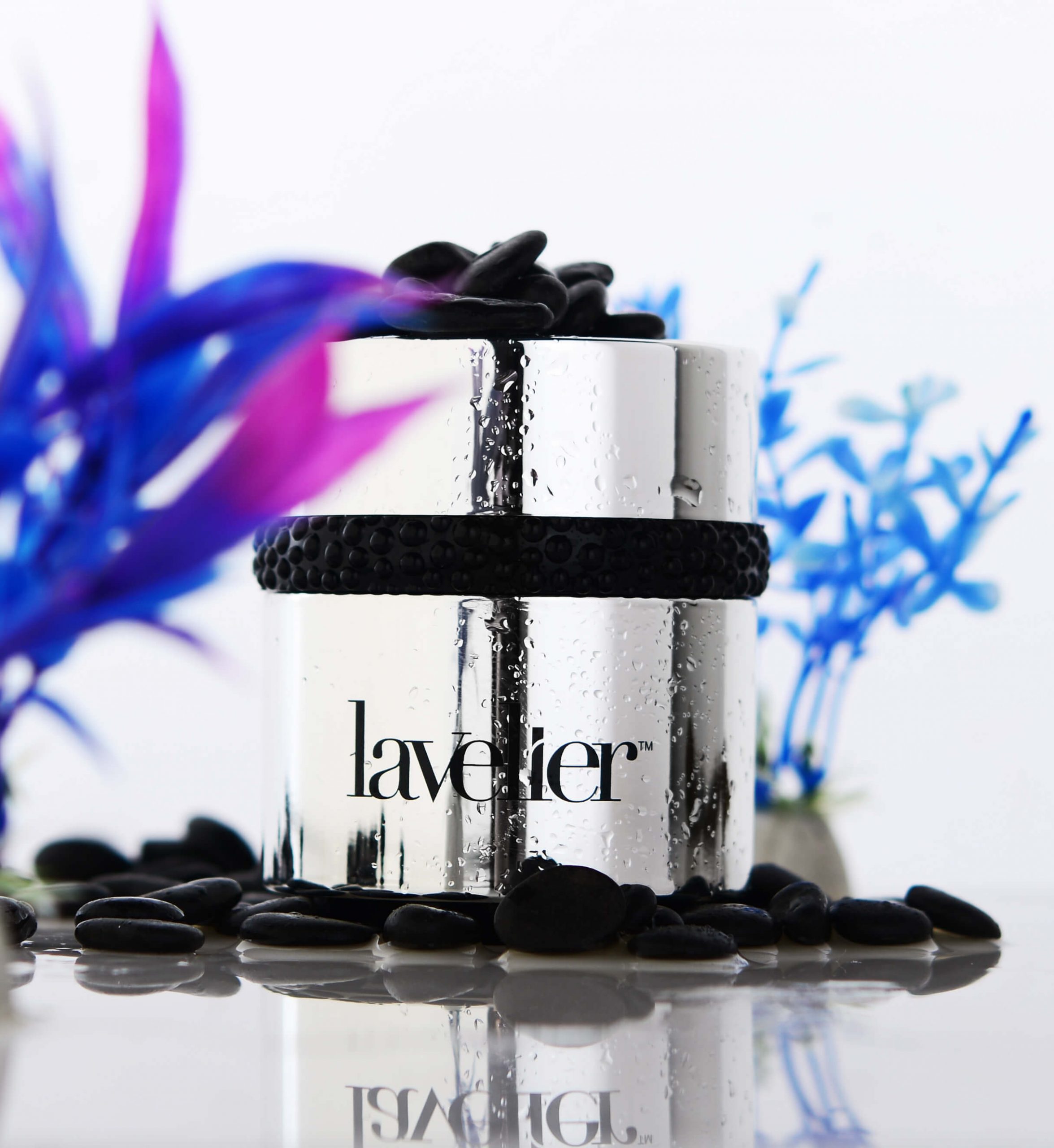
We’ve already explained how the skin is more prone to dehydration after exfoliating. Well, it’s also more susceptible to sun damage.
That outer layer of dead skin cells that you’ve just removed? These help to form an additional shield between your skin and the sun. They block UV rays from directly accessing your fresh new skin cells. However, once you’ve exfoliated, there’s nothing stopping those harmful rays, making sun protection more important than ever.
Since your skin will need both moisture as well as SPF, we’d recommend applying the Lavelier Divine Day Defense SPF 30 to your skin after exfoliating. This product both moisturizes the skin and protects it from the sun, making it a multi-tasker that you soon won’t be able to live without.
With all of that said, if your skin is sensitive, then exfoliating in the morning may prove to be too much for it, even if you follow up with a good moisturizer and sunscreen. If this is the case, save your exfoliation sessions for the evening instead. You’ll still need to protect your skin from the sun come morning, but you’ll be giving it some extra time to recuperate before it faces those UV rays.
Don’t: Be Aggressive With Your Skin When Exfoliating
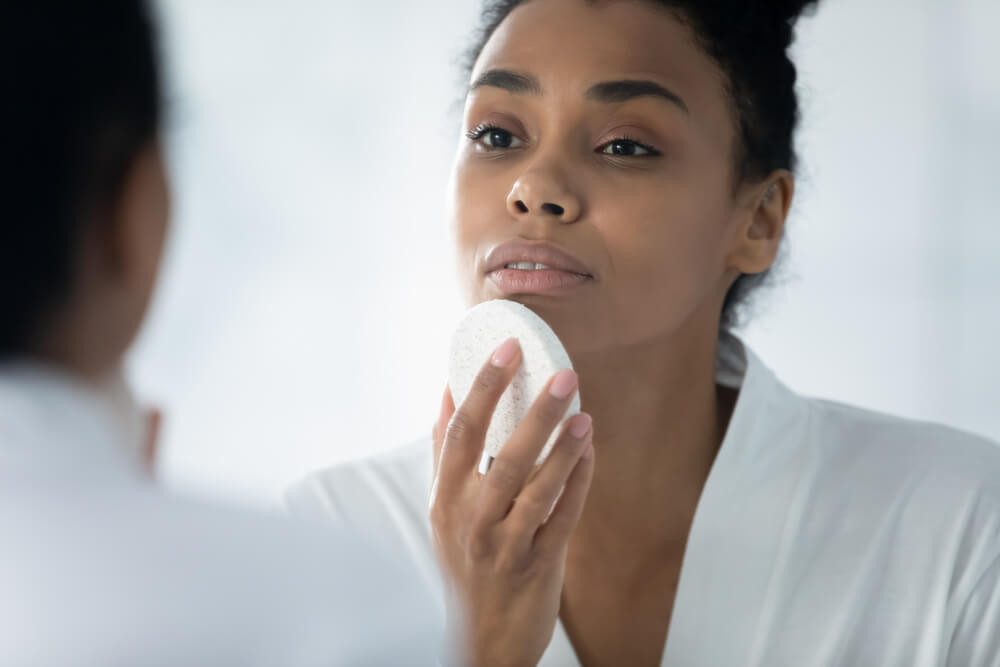
Whether you use an acid-based exfoliant or a scrub, it can be tempting to press a little harder against the skin when exfoliating. It’s easy to understand why people do this, particularly when physical exfoliants are involved, as it can seem as though that extra pressure will enable the exfoliant to work on a slightly deeper level.
However, exfoliants don’t need any extra pressure in order to be effective. This applies to both chemical and physical exfoliants. In fact, pushing them hard against your skin or rubbing/scrubbing at your skin aggressively will only end up irritating your skin. This will leave your complexion red and raw post-exfoliation.
Instead, be gentle and trust that your exfoliant will be able to get the job done on its own.
Do: Regularly Exfoliate Your Body Too
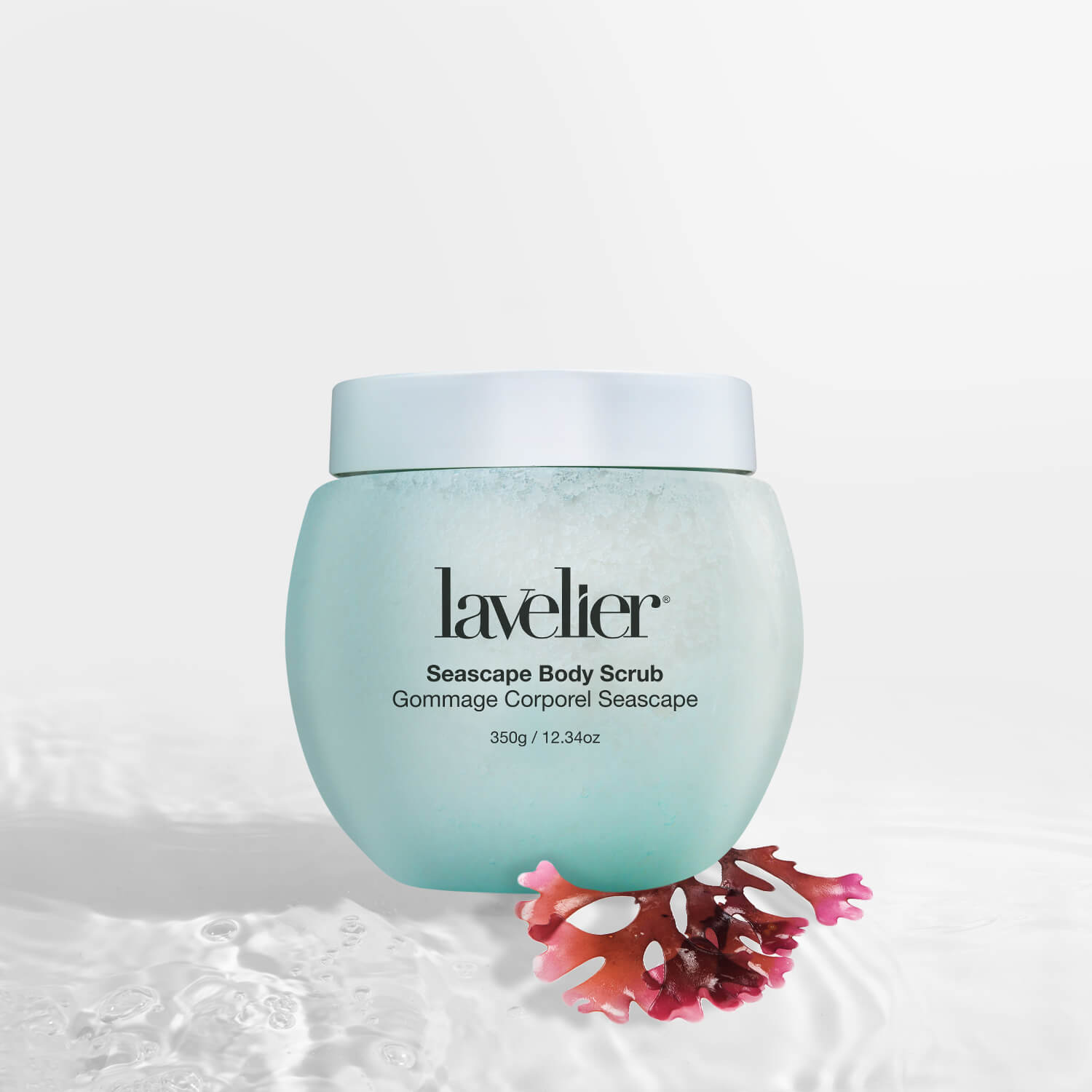
Chances are that your face is on display to the world much more than your body is. As a result, it’s easy to focus your exfoliation efforts on your face, neglecting to give your body the same care.
However, when it comes to exfoliating, this is something that your body will greatly benefit from too. Regular exfoliation will keep the skin on your body feeling soft and smooth, while giving it a luminescent glow.
When it comes to the best type of exfoliant to use on the body, physical exfoliants usually reign supreme. The skin on the body is much thicker than the skin on the face, making it difficult for acids to penetrate. Instead, scrubs can be safely used on this thicker skin, without having to worry about any abrasive particles causing micro-tears.
One popular body exfoliant that works beautifully on all skin types is the Lavelier Seascape Body Scrub. It’s a salt-based exfoliant, meaning that it also contains the many minerals that can be naturally found in salt. However, it’s infused with coral seaweed extract too. This is our signature ingredient at Lavelier because not only is it exquisitely hydrating, but it’s also brimming with skin-loving antioxidants. Use this body scrub weekly and your skin will soon look firmer, brighter, and healthier.
Don’t: Use Hot Water When Exfoliating
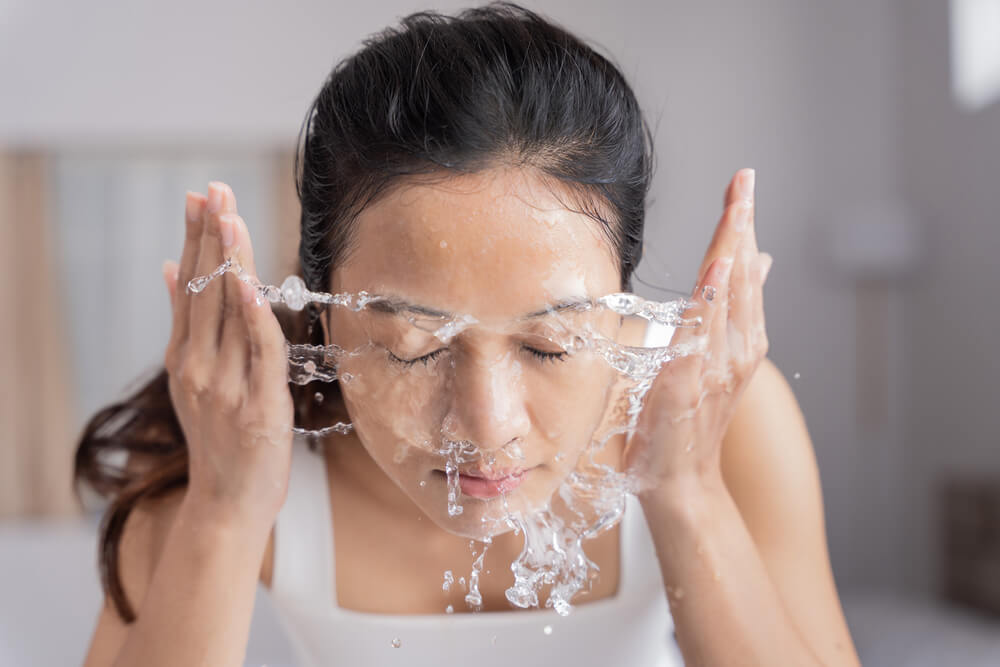
Whether you’re exfoliating your face or your body, make sure that you don’t subject your skin to water that’s too hot. It can be tempting to do so, especially if you’re exfoliating in the shower. However, hot water is infamous for how it strips away the skin’s natural oils. It has been proven to dry the skin out while interfering with the skin’s natural pH balance.
Exfoliation already impacts the skin’s natural oils to a certain extent. Adding hot water into the mix could prove to be too much for your skin to handle, especially on a regular basis. Keep this up and you could soon be dealing with inflammation and sensitivities.
Instead, keep the water as cool as you can handle when exfoliating your skin. A lukewarm temperature is ideal – it’ll give you enough heat to feel bearable, yet won’t harm your skin.
Summary
No matter your skin type or the skin concerns you’re facing, regular exfoliation is a must if you want to keep your skin looking and feeling its best. However, to see improvements in your complexion as soon as possible, make sure that you’re exfoliating correctly by following all of the above dos and don’ts.
Click here to browse more of Lavelier’s bestselling skincare products.


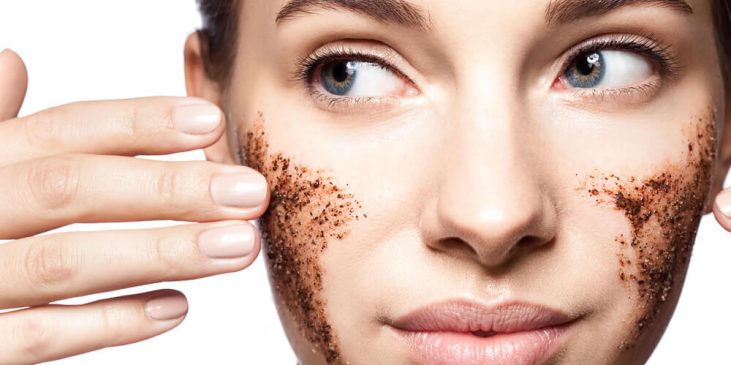
0 comments on “The Dos and Don’ts of Exfoliating Your Skin”